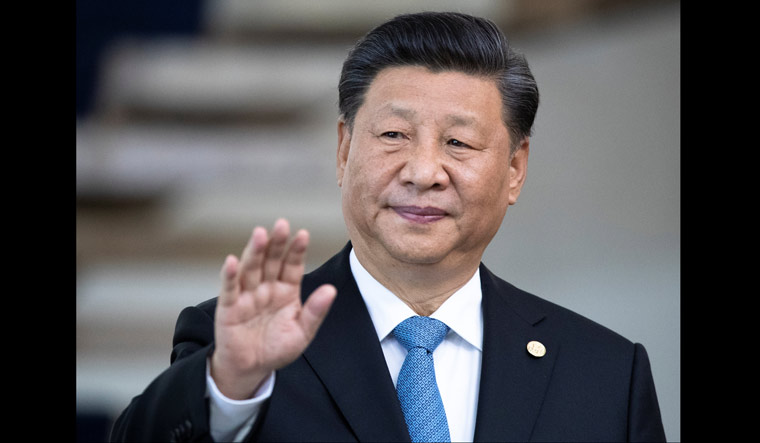In 2010, after Liu Xiaobo, a human rights prisoner in China, was awarded the Nobel Peace Prize by an independent committee appointed by Norway's parliament, an enraged China blocked imports of Norwegian salmon and cancelled trade talks. "Liu is a prisoner who was sentenced to imprisonment in accordance with Chinese law...Conferring the prize to such a person goes against the purposes of this award. It's a blasphemy of the award," China had said in reference to the Nobel Peace Prize.
Xiaobo later died at age 61 in 2017, following a battle with liver cancer, spending his last eight years as a prisoner of conscience at a hospital in Shenyang, China. He was granted medical parole in June after receiving his diagnosis in prison, but China did not let him seek treatment abroad despite Liu's wishes and international pressure. Liu's death led to international criticism of China's handling of the issue.
Trade sanctions are nothing new in the diplomatic weapon arsenal of the Chinese state. It has frequently used access to its vast market as a bargaining chip when faced with international pushback on issues.
Last year, Beijing blocked imports of canola as it stepped up pressure for Canada to release a Huawei executive who was detained on US charges. The Chinese government said it found pests in Canadian shipments, which the suppliers said was unlikely.
In 2012, China began blocking imports of Philippine bananas in a dispute over territory in the South China Sea. Beijing lifted import curbs only after Philippine President Rodrigo Duterte launched a diplomatic campaign to increase trade, political and investment ties with China.
Australia in the firing line
Now, Australia is next in the firing line. Beijing has blocked some imports of Australian beef after Prime Minister Scott Morrison's government, endorsed by the United States, called for a robust inquiry into the origins of the outbreak and rebuffed Chinese demands to back off. Zhao Lijian, a spokesperson for China's foreign ministry, said the suspension on the beef imports was simply to protect consumers after the Australian companies violated the inspection and quarantine requirements.
The move is the first time Beijing has used access to its huge markets as leverage in its campaign to deflect blame for the outbreak. Beijing has suspended beef imports from four Australian slaughterhouses, however, and is threatening huge tariffs on barley in moves it says are simply about regulations.
But, Australia is not backing down.
We are standing our ground on our values and the things that we know are always important, Australian Prime Minister Scott Morrison told reporters. He said Australia draws clear lines on certain issues And those things are not to be traded, ever."
China's Foreign Minister Wang Yi was quoted by the official Xinhua News Agency as saying foreign politicians had insisted on politicising the epidemic, labeling the virus, and smearing the World Health Organization" and that China should be lauded for bringing the outbreak there under control and helping other countries. China state-owned newspaper the Global Times this week said unfriendly moves by the Morrison government had thrown the relationship into the deep freeze. "You can't have your cake and eat it, too, is a proverb that could be of use to some Australian officials, who continue to escalate tensions with China while hoping bilateral trade will remain intact," according to the mouthpiece.
The relationship between the countries has been rocky since 2018 when Australia blocked Chinese-owned tech company Huawei from rolling out a new 5G network, citing security concerns. Last year, China suspended imports of Australian coal after Australia's government rescinded a visa for a prominent Chinese businessman.
ALSO READ
- Chinese official meets North Korean leader Kim in Pyongyang in highest-level talks in years
- Papua New Guinea in talks with China on security cooperation
- Maldives gives nod for Chinese research vessel to dock at Male port
- Never asked Maldives to reject India, says China as Muizzu lands in Beijing amid row
- 335 fresh Covid cases in India
- From polio to Covid-19: What we can learn from polio eradication for pandemic response
Tensions have also flared over concern over Chinese political influence in the country.
-Inputs from agencies


